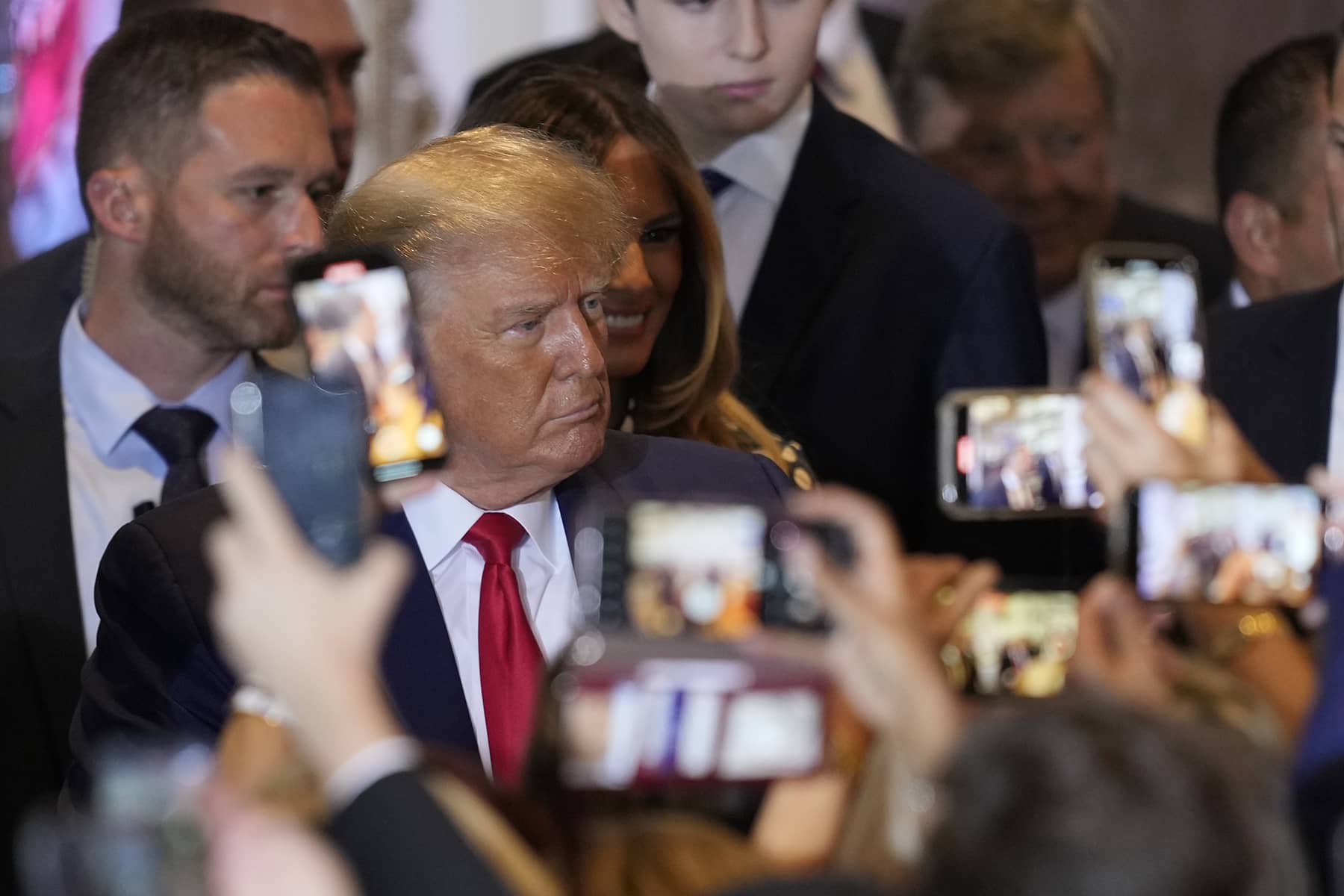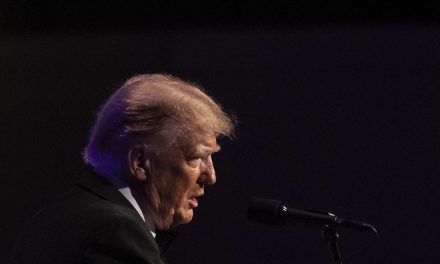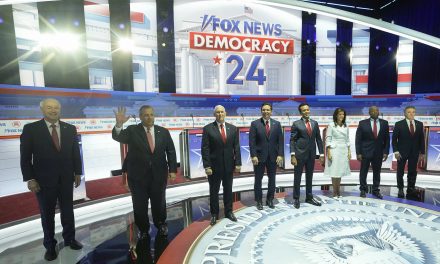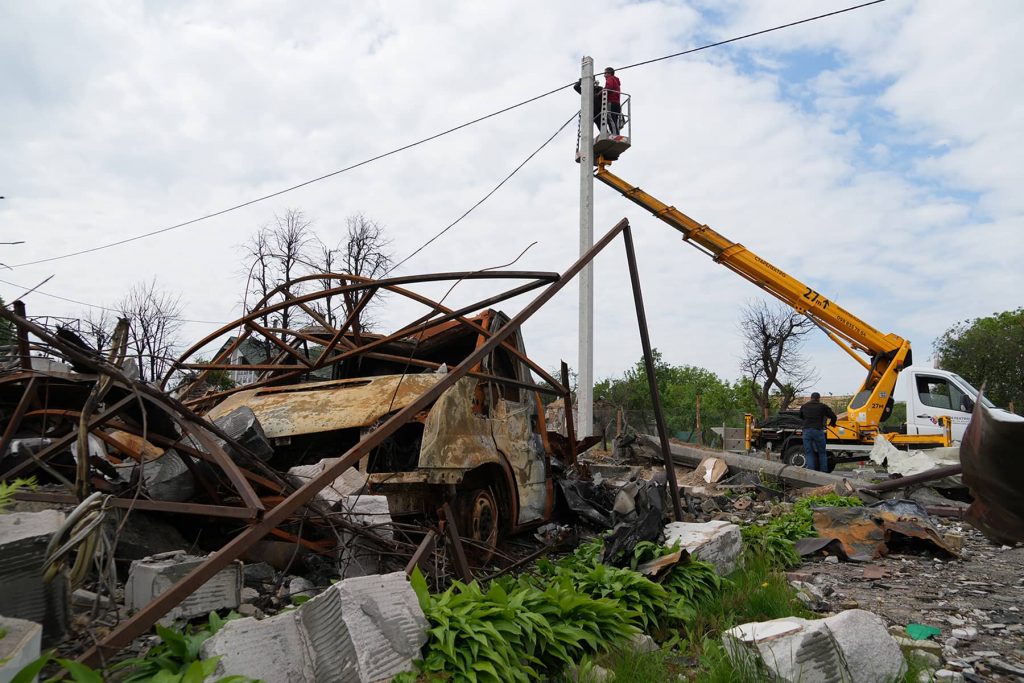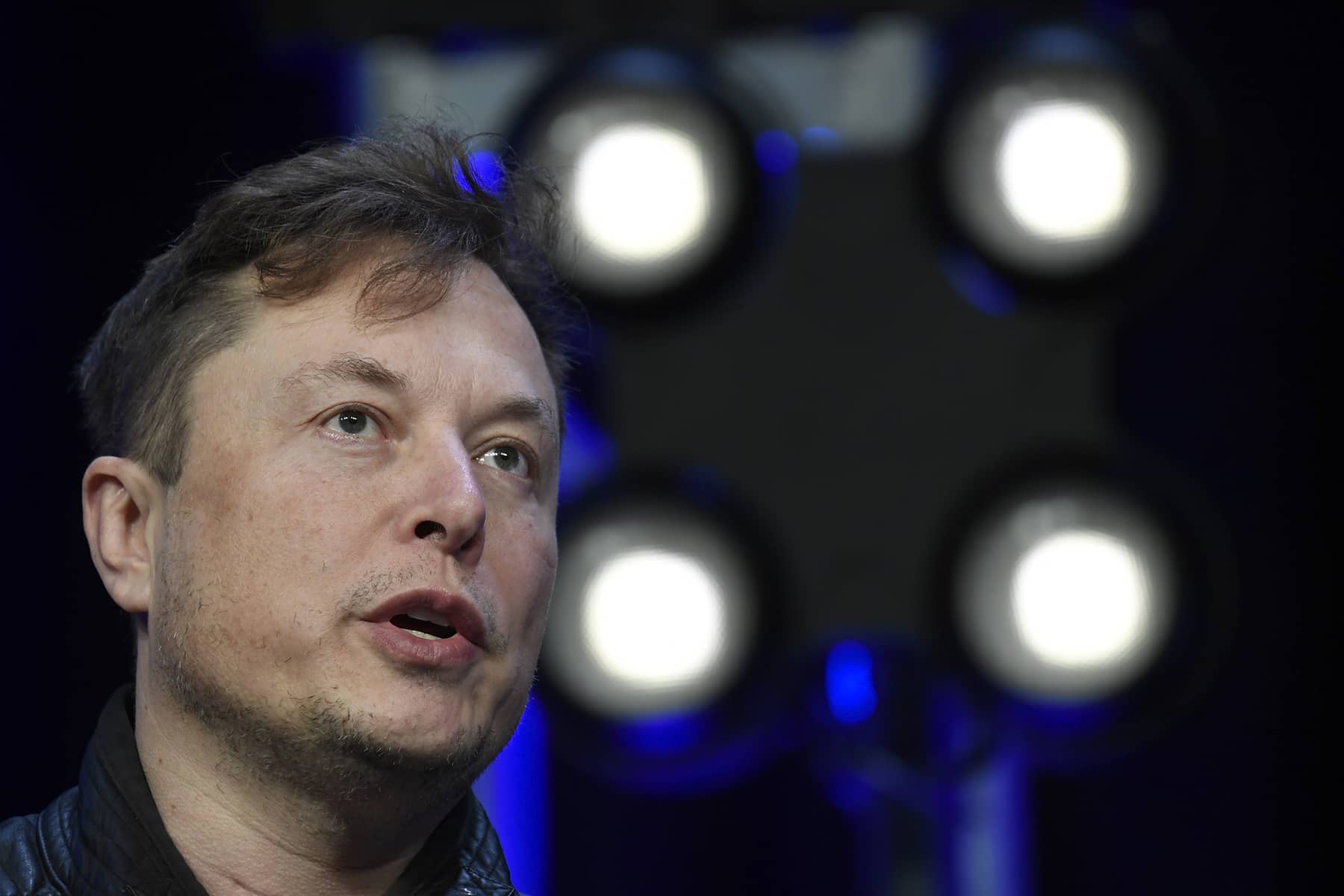
Elon Musk reinstated Donald Trump’s account on Twitter on November 20, reversing a ban that has kept the former president off the social media site since a pro-Trump mob attacked the U.S. Capitol on January 6, 2021, as Congress was poised to certify Joe Biden’s election victory.
Musk made the announcement in the evening after holding a poll that asked Twitter users to click “yes” or “no” on whether Trump’s account should be restored. The “yes” vote won, with 51.8%. Previously, Musk had said Twitter would establish new procedures and a “content moderation council” before making decisions to restore suspended accounts.
“The people have spoken. Trump will be reinstated. Vox Populi, Vox Dei,” Musk tweeted, using a Latin phrase meaning “the voice of the people, the voice of God.”
Shortly afterward Trump’s account, which had earlier appeared as suspended, reappeared on the platform complete with his former tweets, more than 59,000 of them. His followers were gone, at least initially, but he quickly began regaining them. There were no new tweets from the account as of November 20, however.
Trump has previously stated that he saw no reason to return to Twitter. Should he eventually decide to, it would raise questions about his commitment to Truth Social. The rightwing social media app got off to a rocky start when it launch earlier this year. Trump has around 4.57 million followers on Truth Social, compared to the 88 million followers he had before the Twitter ban. Experts have estimated that half of Trump’s social media followers are actually bots.
Truth Social has been Trump’s main source of direct communication with his followers since he began posting on the app regularly in May. He has used Truth Social to promote his allies, criticize opponents, and defend his reputation amid legal scrutiny from state, congressional, and federal investigators.
His agreement with the company does allow Trump to engage extensively on other social media platforms. He is obligated to give Truth Social a six-hour exclusive on any post. But for “political messaging, political fundraising, or get-out-the vote efforts” messages he is free to post on any site, at any time, according to the SEC filing.
Musk restored Trump’s account less than a month after the Tesla CEO took control of Twitter, and four days after the twice impeached disgraced former president announced his candidacy to run in the 2024 race.
The prospect of restoring Trump’s presence to the platform follows Musk’s purchase last month of Twitter — an acquisition that has fanned widespread concern that the billionaire owner will allow purveyors of lies and misinformation to flourish on the site. Musk has frequently expressed his belief that Twitter had become too restrictive of freewheeling speech.
His efforts to reshape the site have been both swift and chaotic. Musk has fired many of the company’s 7,500 full-time workers and an untold number of contractors who are responsible for content moderation and other crucial responsibilities. His demand that remaining employees pledge to “extremely hardcore” work triggered a wave of resignations, including hundreds of software engineers.
Users have reported seeing increased spam and scams on their feeds and in their direct messages, among other glitches, in the aftermath of the mass layoffs and worker exodus. Some programmers who were fired or resigned this week warned that Twitter may soon fray so badly it could actually crash.
Musk’s online survey, posted on his own Twitter account, drew more than 15 million votes in the 24 hours in which it ran. Musk conceded that the results were hardly scientific. “Bot and troll armies might be running out of steam soon,” he tweeted on November 19. “Some interesting lessons to clean up future polls.”
It is not the first time he’s used Twitter polling to make business decisions. Last year he sold millions of shares of his Tesla stock after asking his followers whether he should.
Democratic U.S. Rep. Alexandria Ocasio-Cortez of New York responded to Musk’s poll on Trump by tweeting video of the January 6 insurrection. She on tweeted November 18 that when Trump was last on Twitter, it “was used to incite an insurrection, multiple people died, the Vice President of the United States was nearly assassinated, and hundreds were injured but I guess that’s not enough for you to answer the question. Twitter poll it is.”
Trump lost his access to Twitter two days after his supporters stormed the Capitol, soon after the former president had exhorted them to “fight like hell.” Twitter dropped his account after Trump wrote a pair of tweets that the company said cast further doubts on the legitimacy of the presidential election and raised risks for the Biden presidential inauguration.
After the January 6 attack, Trump was also kicked off Facebook and Instagram, which are owned by Meta Platforms, and Snapchat. His ability to post videos to his YouTube channel was also suspended. Facebook is set to reconsider Trump’s suspension in January.
Throughout his tenure as president, Trump’s use of social media posed a significant challenge to major social media platforms that sought to balance the public’s interest in hearing from public officials with worries about misinformation, bigotry, harassment and incitement of violence.
But in a speech at an auto conference in May, Musk asserted that Twitter’s ban of Trump was a “morally bad decision” and “foolish in the extreme.”
Musk declared in October that the company would not let anyone who had been kicked off the site return until Twitter had established procedures on how to do so, including forming a “content moderation council.”
His flip-flopping policy statements continued with a tweet on November 18, where Musk described the company’s new content policy as “freedom of speech, but not freedom of reach.”
He explained that a tweet deemed to be “negative” or to include “hate” would be allowed on the site but would be visible only to users who specifically searched for it. Such tweets also would be “demonetized, so no ads or other revenue to Twitter,” Musk said.

